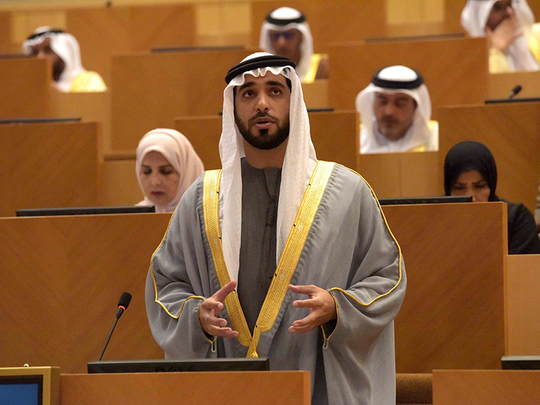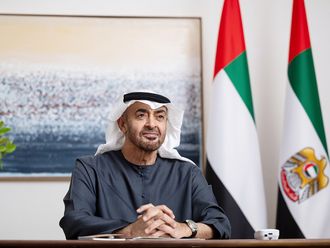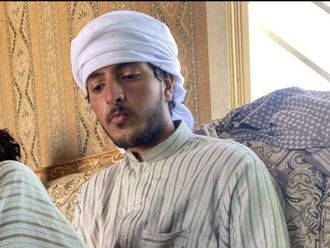
Abu Dhabi: Members of the Federal National Council on Wednesday approved a federal draft law to regulate endowments and facilitate setting up of endowment institutions for businessmen and philanthropists — both Emiratis an foreigners.
Dr Mohammed Mattar Al Kaabi, chairman of the General Authority of Islamic Affairs and Endowments, told the House that the draft law aims to revive the role of endowments as a tool for community development in social, scientific, cultural and environmental areas.
“The law will be applicable to Muslims and non-Muslims and all types of endowments,” Al Kaabi said.
The daft requires signing into law by President His Highness Shaikh Khalifa Bin Zayed Al Nahyan.
It will take effect immediately after publishing it in the official gazette.
Al Kaabi said an endowment is a permanent or term fund of property or money established to benefit an institution or person. It has a specific purpose defined for which the income derived from the money or property is to be applied. In an endowment fund, the principal is invested, and only a portion of the investment earnings is spent. The rest of the earnings are directed back into the fund, so that the endowment grows over time. In this manner, the endowment becomes a perpetual source of funding for whatever the donor wishes to achieve.
“Endowment assets in the UAE total Dh3 billion, including 1,431 buildings, 1,867 shops, 1,131 apartments, six industrial zones, 70 plots of agricultural lands, and 14 villas as well as 1.3 million shares in several companies,” Al Kaabi said.
The law will facilitate the establishment of endowments and endowment institutions for businessmen and philanthropists. Governing charity is a means for ensuring its sustainability, and the UAE is a global model for such governance, Al Kaabi said.
Al Kaabi affirmed the importance of governance of endowments, saying the proceeds of the Founding Father of the UAE, Shaikh Zayed Bin Sultan Al Nahyan, grew to Dh50 million from just Dh6 million, due to good governance.
The UAE opens its doors to all those who wish to contribute to charity. The role of the government is to provide a suitable environment for endowments and charity work, and the role of private and social institutions is to utilise these advantages to drive development forward.
The law paves the way for the establishment of endowment institutions that shall meet societal needs.
The law also regulates endowments and preservation by defining endowment provisions, which include its creation, types and conditions. The law determines the conditions of endowed property and the party to which the property shall be endowed to, and the effects of endowment.
The law also defines endowment custody in terms of appointing a custodian and the conditions that must be met by the custodian and his obligations, in addition to his rights and responsibilities. Moreover, the law defines requirements for investing and replacing the endowment.
Under the law, grants involve movable and immovable funds donated to an individual, a body, an initiative or a project, in keeping with the UAE constitution and the laws.
Once the law is enforced, existing endowments will be given a grace period of one year to adjust their legal status. The grace period may be extended by the Cabinet.












